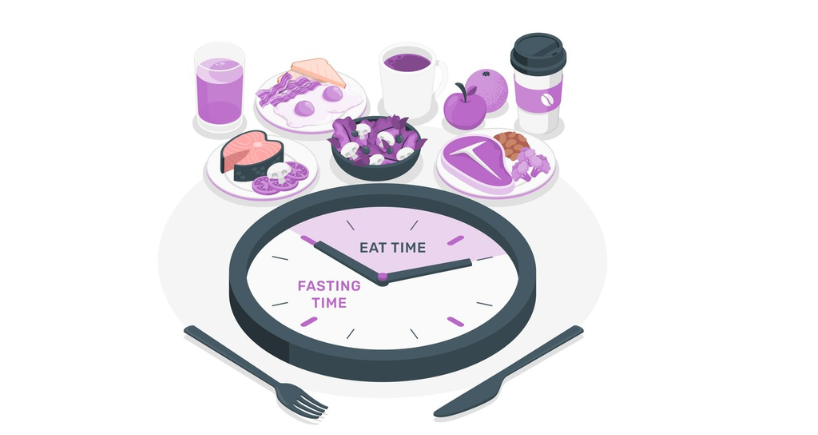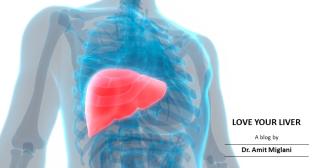
Intermittent Fasting: Simple Ways and Diet Tips for Weight Loss
An Intermittent fasting schedule is commonly used to help lose weight. Fasting for short times helps people eat fewer calories, which can lead to weight loss over time. Intermittent fasting may also help improve health by lowering cholesterol and blood sugar, which can reduce the chance of conditions like diabetes and heart disease.
How does intermittent fasting work?
Our body gets most of its energy from a sugar called glucose, which is circulated in the blood. Eating regular meals gives the body a steady supply of sugar, mostly from carbohydrates. But when you do not eat for a while, your body uses up all its stored sugar. Then, it starts burning stored fat for energy, which is called metabolic switching. This is how an intermittent fasting schedule can help you lose weight and body fat.
Ways of intermittent fasting
Intermittent fasting can be practised in different ways. There is no single ‘ideal’ plan, and it should be chosen based on what suits you best. In fasting, one should not eat anything except drink calorie-free liquids like black coffee, herbal tea, etc. Here are a few of the most widely used intermittent fasting methods.
The 16:8 method:
- In this 16/8 intermittent fasting diet, one can eat and drink calories only during an 8-hour period each day. For the other 16 hours, do not eat anything. It is one of the flexible methods, and it is bound to a time-restricted eating model. In this approach, some people skip breakfast and eat from noon to 8 p.m., while others prefer to avoid eating late and stick to a 9 a.m. to 5 p.m. eating window. Some of the research articles indicate that following this method of fasting reduces hypertension and reduces the amount of food consumption, leading to losing weight.
The 5:2 method:
- In this method, you eat 500–600 calories on two non-consecutive days each week and follow a regular eating routine on the other five days. Many studies show that this type of intermittent fasting helps with weight loss and can improve conditions like heart disease and diabetes.
Eat Stop Eat:
- This approach requires fasting for 24 hours one or two times per week. Since it is a more advanced form of fasting, it is best to try it only if you are already comfortable with fasting.
Alternate-day fasting:
- Alternate-day fasting is an intermittent fasting method with a simple structure. In this intermittent fasting schedule, you fast every other day and eat normally on the days in between.
Benefits of intermittent fasting
Intermittent fasting may help protect organs from long-term conditions such as type 2 diabetes, heart disease, age-related neurodegenerative conditions, inflammatory bowel disease and various types of cancer. Intermittent fasting has the following benefits:
- Memory and thinking: Studies have shown that intermittent fasting improves verbal memory in adults and working memory in animals.
- Weight loss: Intermittent fasting can assist in weight and fat loss without requiring you to actively reduce your calorie intake. It focuses on the timing of your meals instead of the types of food you consume.
- Insulin resistance: Studies suggest that intermittent fasting can enhance the body’s use of insulin, potentially helping to prevent or better manage type 2 diabetes.
- Better control of Inflammation: Intermittent fasting also lowers the level of inflammation mediators, which play a significant role in various chronic diseases, ranging from Alzheimer’s disease to asthma.
Intermittent fasting offers several additional benefits, including:
- Simplicity: There is no need to count calories or carbohydrates. You just skip meals or eat minimally during certain hours or days.
- Flexibility: With intermittent fasting, you choose what to eat. However, it is best to focus on healthy foods during your eating windows, as processed foods could reduce the diet’s effectiveness. It is adaptable to different food preferences, including vegetarian or vegan diets, and can be tailored to your preferred eating style, whether it is high or low in carbohydrates or fats.
- Cost savings: Since you eat less, your grocery bills will likely decrease.



















